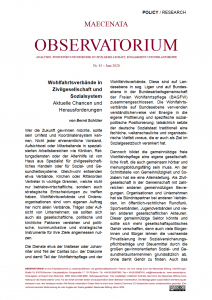Observatorium
Die elektronische Schriftenreihe Observatorium bietet knappe Analysen, Positionen und Diskurse zu Zivilgesellschaft, Engagement und Philanthropie und wird in den Rubriken Policy und Research mit fortlaufender Nummerierung publiziert.
Die Reihe besteht seit dem Jahr 2015 und ist durch die ISSN-Nummer 2365-6980 bei der Deutschen Nationalbibliothek registriert. Für die in den einzelnen Ausgaben vertretenen Positionen sind die jeweiligen Autoren verantwortlich. Neue Ausgaben erscheinen in unregelmäßigen Abständen mehrmals im Jahr. Die Veröffentlichung von thematisch passenden, externen Beiträgen ist möglich. Die Veröffentlichung ist kostenlos. Wenden Sie sich dazu an den Herausgeber. Manuskripte sollen von den Autoren vorformatiert werden (>> Autorenhinweise).
Alle Ausgaben stehen kostenlos als PDF-Dokument zum Download zur Verfügung und sind durch die Creative Commons (CC BY-NC-ND 3.0 DE) Lizenz urheberrechtlich geschützt. Die Weiterverbreitung und nicht-kommerzielle Nutzung ist bei Angabe der Quelle gestattet.
Alle bisherigen Ausgaben
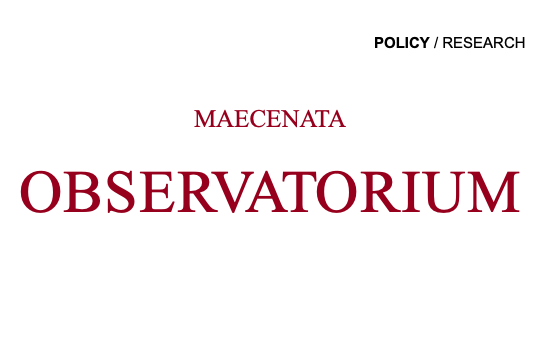

Kasachstans Zivilgesellschaft im Aufbruch?
Observatorium 44 | 15.07.2020 | Beobachtungen zur Reformpolitik des neuen kasachischen Präsidenten wirkt sich positiv auf die Entwicklung des zentralasiatischen Landes aus und bietet dem Land und seiner Bevölkerung neue Chancen.
Wohlfahrtsverbände in Zivilgesellschaft und Sozialsystem
Observatorium 43 | 15.06.2020 | Welche Position haben Wohlfahrtsverbänden in der Zivilgesellschaft und im Sozialsystem? Eine Einordnung der Akteure und die potenziellen Chancen durch Nutzung strategischer Instrumente.
How to support civil society facing the COVID-19 crisis?
Observatorium 42 | 15.05.2020 | What are the observations and government responses by UK concerning support packages specifically for community and voluntary organisations and charities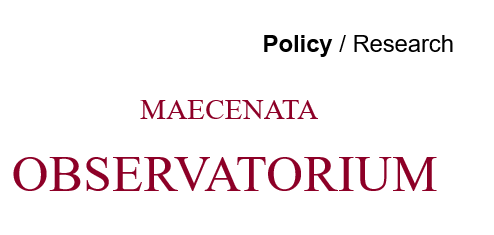
Zivilgesellschaft in der Corona-Krise
Observatorium 41 | 15.04.2020 | Die Corona-Krise kann eine Steigerung der Partizipation und Bürgerbeteiligung erreichen, das die Gesellschaft und vor allem das Vertrauen in die Zivilgesellschaft stärken kann.
Die Corona-Krise: Was bleibt? Was muss sich ändern? Oder: Was hat die Krise mit dem Shrinking Space zu tun?
Observatorium 40 | 01.04.2020 | An der Auseinandersetzung mit den Folgen der Krise und den Lehren, sind Akteure der Zivilgesellschaft und Experten für den bürgerschaftlichen Handlungsraum zu beteiligen.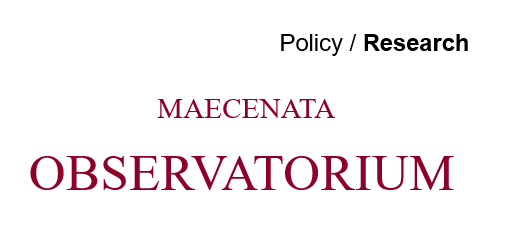
Changing Spaces for Civil Society
Observatorium 39 | 01.02.2020 | The report on the workshop "Changing Spaces for Civil Society" by Dr. Rupert Graf Strachwitz and Dr. Asif Afridi on the Transcultural Leadership Summit 2019, summarizes points and findings.
Constrained or Enabled?
Observatorium 38 | 15.01.2020 | The role of Canada’s civil society in participating in civic discourse has changed significantly throughout history. The reduction in advocacy funding largely eroded the sector’s role as a mediator in civic discourse, so that civil society organizations largely operate at the level of policy implementation rather than policy design.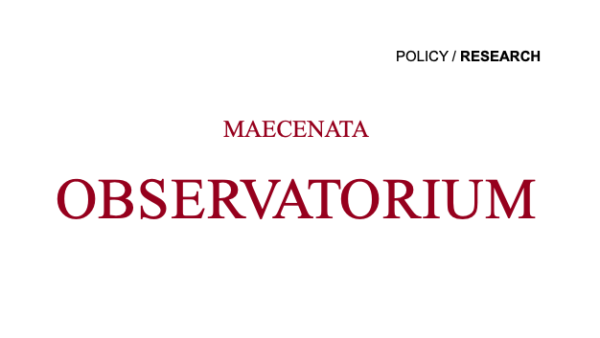
Zivilgesellschaftliche Kommunikation in einer fragmentierten Gesellschaft
Observatorium 37 | 01.12.2019 | Dieser Text fußt auf einem Projekt, das vom Maecenata Institut für Philanthropie und Zivilgesellschaft durchgeführt und von OSIFE gefördert wurde. Wesentlicher Teil des Projekts war ein Workshop von 25. bis 26.09.2019, an dem Mitarbeiter verschiedener deutscher Stiftungen teilnahmen: Ähnliche Projekte wurden von OSIFE in Polen, Spanien und weiteren europäischen Ländern durchgeführt.
Legitimität und Vertrauen
Observatorium 36 | 15.08.2019 | In Anbetracht der gegenwärtigen Krise der Gesellschaft und politischen Systeme und insbesondere des massiven Vertrauensverlustes in Institutionen jedweder Art kommt auch auf zivilgesellschaftliche Akteure die Aufgabe zu, ihre Legitimität besser zu begründen und um Vertrauen zu werben.


